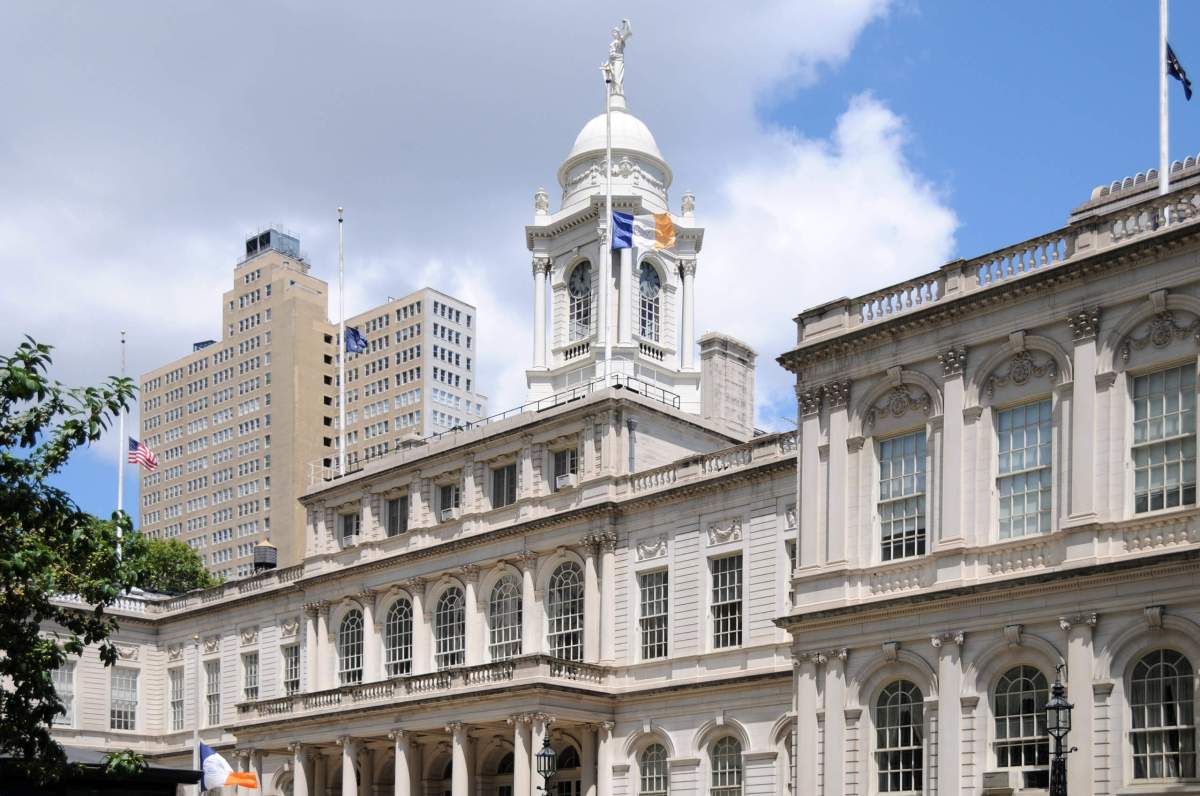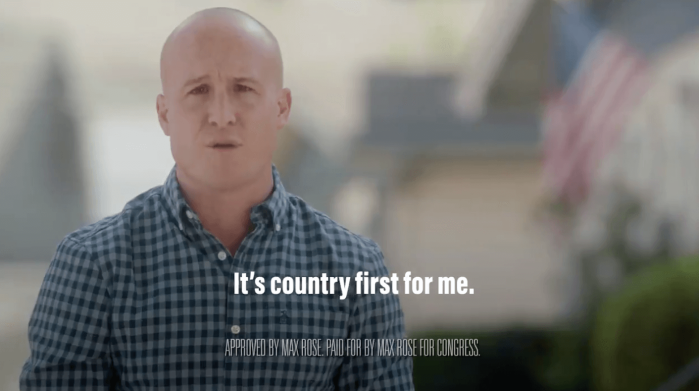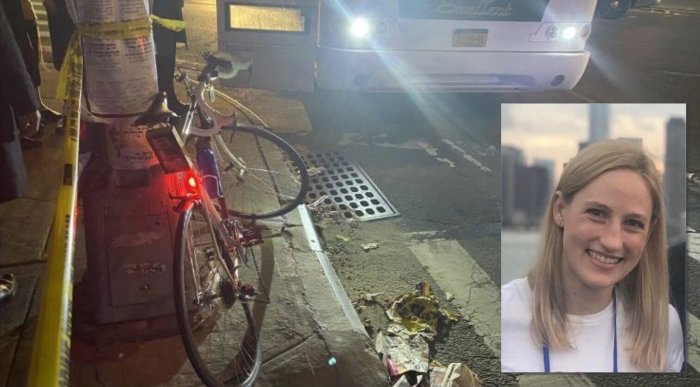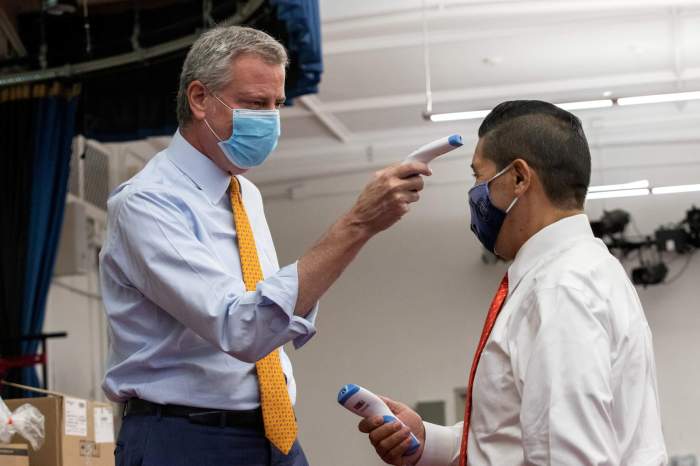This week featured a number of new endorsements in the race to be the next mayor of New York City. Whether any of these endorsements will actually make a difference is debated.
The vast majority of voters in this June’s primary election will likely be paying a lot more attention to the mayor’s race than all other positions on the ballot. This isn’t unusual: every year, the campaigns for the largest and most powerful position — whether it’s mayor, governor, or president — spend the most money and attract the most attention. What’s unusual is that this year there are so many other contested positions, including comptroller, the borough presidents in all five boroughs, and an overwhelming majority of city council seats.
One theory of voter choice is that endorsements make a big difference in elections for positions where the voters aren’t paying much attention and need extra cues–like judge or perhaps city council–but for a marquee race like mayor the voters examine the candidates on their own and come to their own conclusions.
I think this theory is true to a degree, but I also believe that most people vote for the candidate that the people socially around them are also voting for. Voting is therefore, I think increasingly, an act of tribal self-identification. Under this theory, a critical mass of individuals and organizations endorsing a mayoral candidate persuade sympathetic high-information voters into supporting that candidate, and those voters then persuade their friends.
There are really two sorts of endorsements, individual endorsements and organizational endorsements. The individual endorsements come from anybody better-known than average (I believe a majority of the actors who play the Avengers have already endorsed at least four different candidates for mayor) and can happen relatively quickly. The organizational endorsements take longer because organizations nearly always decide amongst more candidates than individuals do, and then the organization must vote or otherwise decide how it will allocate support.
This week, Ray McGuire landed the endorsements of three major New York City rappers: Jay-Z, Diddy, and Nas. Meanwhile, the Working Families Party issued a ranked choice endorsement: Scott Stringer first, Dianne Morales second, and Maya Wiley third. The organizational endorsements often go to candidates who have been around the longest and who sometimes spend years or decades currying favor with the organization’s membership and leadership.
Most of Ray McGuire’s endorsers are individuals, and that will likely continue in the future. Andrew Yang is another outsider candidate who currently seems to be succeeding without much organizational support.
Meanwhile, Scott Stringer and Eric Adams have lots of individual endorsers but do better with organizations, because they’ve been around so long. Maybe endorsements matter more this year, with the candidates’ messages being fairly similar.
So right now we have no idea which endorsements matter, but by the end of this summer we’ll be able to look back and see which endorsements did in fact matter. It’s not so far away.























